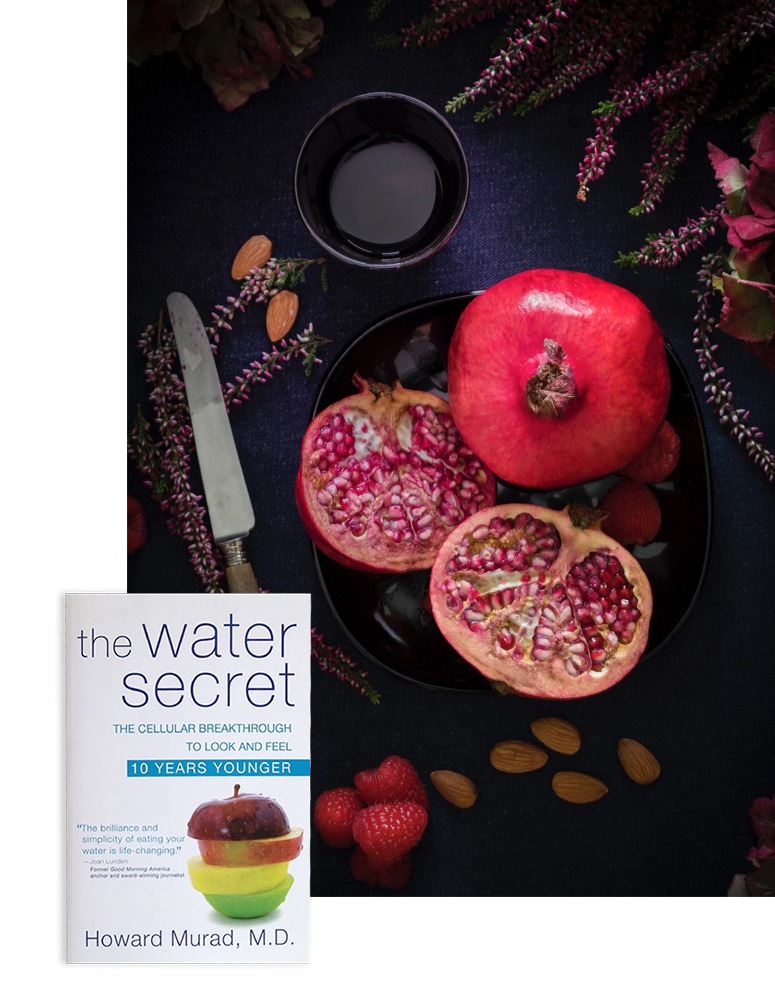Caring for the Skin on Your ‘Neck and Deck’
Don’t overexpose yourself this summer!
The skin on your neck and décolletage (“neck and deck,” as we say at Murad) presents unique skincare challenges. Thinner than the skin on your face, with less fatty tissue beneath it and fewer oil glands, these sensitive areas call for special skincare attention—yet they usually get none, or very little.
The skin on our neck is not connected to a bony platform, like the skin on our face is. As we age and lose collagen, this combination makes neck skin more susceptible to sagging, lines around the neck, and crepey texture—the so-called “turkey neck.” The loss of collagen in the skin cell membranes also damages the cells’ ability to retain water. They’re not as plump and buoyant as they were when we were young, meaning we notice more lines and wrinkles. Third, even our sleep habits—sleeping on our side—can increase wrinkling, physically compressing the skin between the breasts into folds and wrinkles.
As summer approaches and “necks and decks” are more likely to be exposed to the sun, here is my advice for keeping these sensitive areas looking as young and hydrated as the skin on your face.
#1. Wear your sunscreen
Most people are now in the habit of applying sunscreen to the face, but your neck and deck need it too. Because it is thinner skin, it is particularly vulnerable to harmful UVA and UVB rays. In addition to a topical sunscreen, I also recommend physical sunscreens like a hat and swimsuit cover-up.
#2. Eat your sunscreen
Studies—including my own—have shown that pomegranate increases the effectiveness of sunscreen. In 2008, we found that pomegranate extract can significantly reduce the oxidative damage UV rays do to skin cells by increasing the cells’ antioxidant capacity, protecting skin from the inside out. In fact, our study found that pomegranate extract enhances your skin’s sun-protective properties by 25%. Still another study discovered that pomegranate extract protects human skin fibroblast cells from death after UV exposure. Fibroblasts protect the skin and also aid wound healing.
#3. Eat your water
Sun exposure increases sweat and moisture loss, so it’s especially important to stay hydrated in the summer. And the best way to retain the moisture you ingest is by eating it. Taking your water in the form of water-rich fruits and vegetables means it enters the body more gradually, where it can be retained, rather than run right through.
#4. Moisturize appropriately
To treat and reverse damage on the neck and décolleté, choose a product formulated specifically for this area. It will be designed to repair skin damage with the right balance of firming, elasticity-promoting, and moisturizing ingredients, such as vitamins A and C, peptides, and hyaluronic acid.
For more information on maintaining your skin from the inside out, read The Water Secret: The Cellular Breakthrough to Look and Feel Ten Years Younger and Wrinkle-Free Forever: The 5-Minute, 5-Week Dermatologist’s Program. I follow this advice myself!
